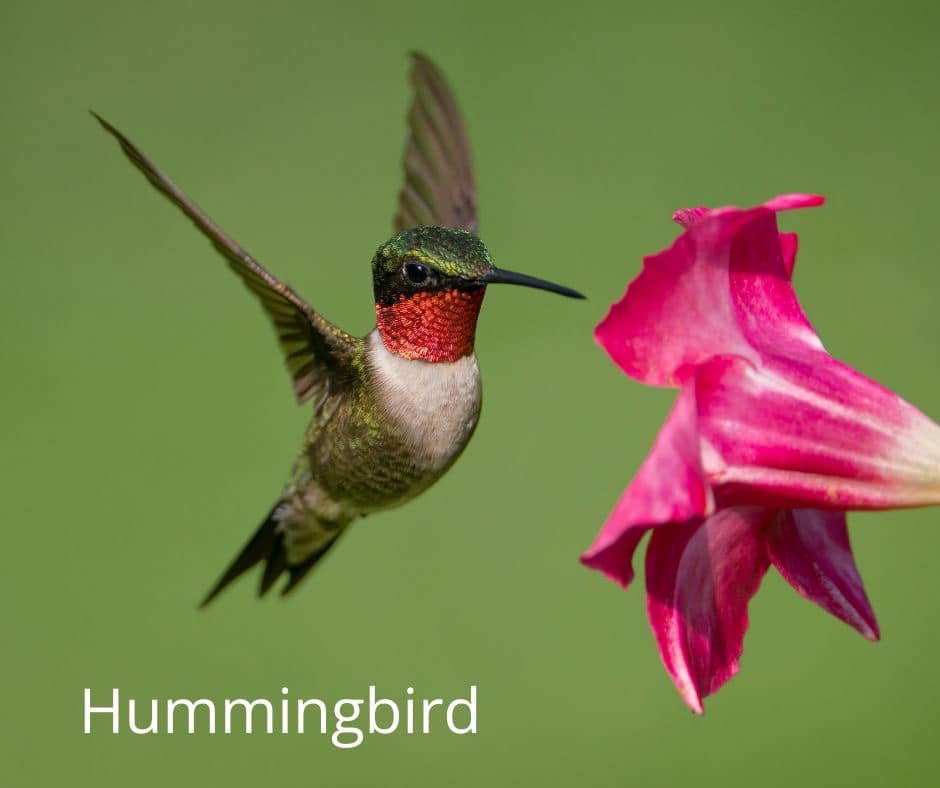The Vital Role of Pollinators in Gloucester County, Virginia
Nestled along the scenic Chesapeake Bay, Gloucester County, Virginia, boasts rich agricultural heritage and natural beauty. A key component of this vibrant ecosystem is its pollinators. These tiny yet mighty creatures, including bees, butterflies, birds, and even bats, play a crucial role in maintaining the health and productivity of our environment. Let's explore why pollinators are so important to Gloucester County and what we can do to protect them.
The Role of Pollinators
Pollinators are essential for the reproduction of many plants. They transfer pollen from the male parts of flowers to the female parts, facilitating fertilization and the production of seeds and fruit. This process is critical for both wild ecosystems and agricultural crops.
Biodiversity: Pollinators contribute to the health of ecosystems by enabling the reproduction of a variety of plant species. This, in turn, supports a wide range of other wildlife, from insects to birds to mammals.
Food Production: Many of the foods we enjoy depend on pollinators. Fruits, vegetables, nuts, and seeds are all products of pollinated plants. In Gloucester County, crops like apples, pumpkins, and blueberries rely heavily on pollination.
Economic Impact: Agriculture is a significant part of Gloucester County's economy. Pollinators are indispensable to this sector, ensuring the production of high-quality crops and thereby supporting local farmers and the economy.
Environmental Health: Healthy pollinator populations are indicators of a well-functioning ecosystem. They help maintain the genetic diversity of plants, which is crucial for resilience against pests, diseases, and changing climate conditions.
Wrapping up Pollinator Week with the Hummingbird!
Did you know that hummingbirds are the smallest migrating bird? Their average weight is less than a nickel.
Hummingbirds name comes from the humming noise their wings make as they beat fast.
Hummingbirds are the only birds that can fly backwards.
These amazing little birds are important pollinators for many flowering plants in North and South America.
Remember when feeding hummingbirds it is important to clean your feeder often and only use a simple sugar syrup (4 parts water to 1 part sugar) free of honey, food coloring or other impurities. Having a feeder doesn't draw the hummingbird from its natural food, but rather gives the bird a quick burst of energy.
Pollinators in Gloucester County
In Gloucester County, various pollinators play key roles:
Bees: Honeybees and native bees, such as bumblebees and solitary bees, are among the most effective pollinators. They visit a wide range of flowers, making them essential for both agricultural and wild plants.
Butterflies and Moths: These insects are not only beautiful but also important pollinators, especially for plants with flowers that bloom in the evening or night.
Birds: Hummingbirds, with their specialized feeding habits, pollinate tubular flowers and contribute to the diversity of the local flora.
Bats: Although less common in Virginia, some bat species also act as pollinators, particularly for night-blooming plants.
Threats to Pollinators
Despite their importance, pollinators face numerous threats that have led to declines in their populations. These include:
Habitat Loss: Urban development, agriculture, and other land-use changes can reduce the availability of suitable habitats for pollinators.
Pesticides: The use of pesticides can be harmful to pollinators, either directly through toxicity or indirectly by reducing the availability of flowering plants.
Climate Change: Changes in temperature and weather patterns can disrupt the life cycles of pollinators and the plants they pollinate.
Diseases and Pests: Pollinators, especially bees, can be affected by diseases and pests, such as the Varroa mite, which has devastated honeybee populations.
Sphinx Moth (Other common names are Hummingbird or Hawk Moth)
have long, pointed abdomens and plump bodies that are covered with long hairs.
Their wingspan can range from 1-6 inches and their wings come in a variety of shapes and colors. They have a very long tongue that they use to drink nectar, it can uncoil up to 11 inches!
The Sphinx moth caterpillars are often called hornworms, because they usually have a set of pointed horns on their rear end. You may find them munching on your tomato plants. Remove them and place them on a Virginia Creeper and they will be happy.
Like hummingbirds, sphinx moths are known for hovering over flowers and have a tail that opens like a fan while they are collecting nectar. Some can move sideways and stop in midair.
They are some of the fastest flying insects in the world, known for their hawk like speed they can reach up to 30mph.
Protecting Pollinators in Gloucester County
To ensure the continued health of pollinator populations in Gloucester County, we can take several actions:
Plant Native Flowers: Incorporate a variety of native flowering plants in gardens and public spaces to provide food sources throughout the year.
Reduce Pesticide Use: Opt for integrated pest management practices and use pesticides only as a last resort. Choose pollinator-friendly products when necessary.
Create Habitats: Establish pollinator habitats by leaving areas of natural vegetation, installing bee hotels, and providing nesting sites for bees and other insects.
Support Local Farmers: Buy local produce to support farmers who use pollinator-friendly practices. Encourage the use of organic farming methods.
Raise Awareness: Educate the community about the importance of pollinators and the simple actions they can take to help protect these vital creatures.
Conclusion
Pollinators are indispensable to the ecological and economic health of Gloucester County, Virginia. By understanding their importance and taking proactive steps to protect them, we can ensure that our environment remains vibrant and productive for generations to come. Let's celebrate and safeguard our pollinators, the unsung heroes of our ecosystem.



